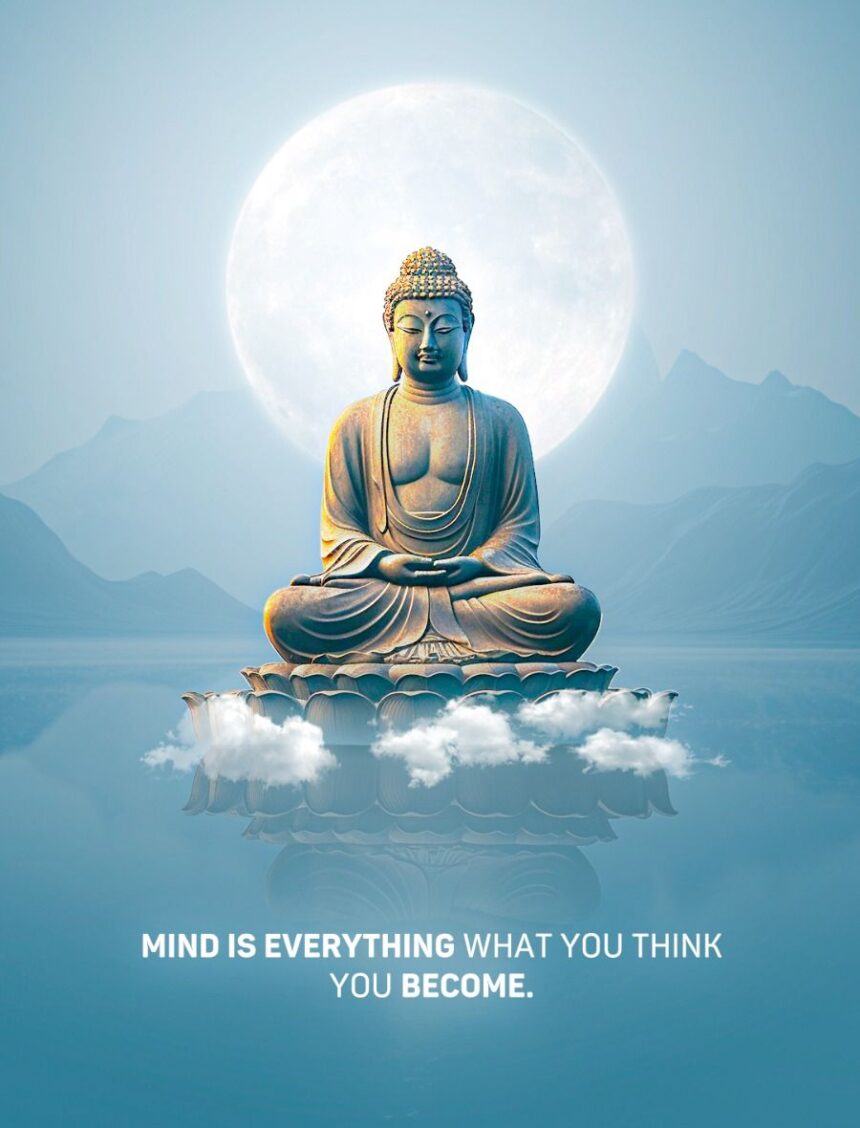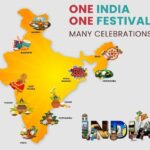Buddha Purnima: Overview
Buddha Purnima, also known as Vesak in some countries, is one of the most important festivals for Buddhists around the world. It commemorates the birth, enlightenment (nirvana), and death (Mahaparinirvana) of Lord Gautama Buddha, the founder of Buddhism. The festival is celebrated on the full moon day (Purnima) of the Hindu month of Vaishakha, which usually falls in April or May.
It is a day of reflection, meditation, and devotion for millions of Buddhists and spiritual seekers.
History of Buddha Purnima
Lord Buddha, also known as Siddhartha Gautama, was born in Lumbini (present-day Nepal) around 563 BCE. Born into a royal family, he renounced worldly pleasures to seek the truth about human suffering. After years of meditation and self-discipline, he attained enlightenment under the Bodhi tree in Bodh Gaya, India. Later, he dedicated his life to teaching the Dharma, spreading the message of peace, compassion, and non-violence.
Buddha Purnima originated as a day to honor his teachings and life. Over centuries, it has evolved into a festival celebrated by Buddhists, Jains, Hindus, and spiritual communities across India and Southeast Asia.
Significance of Buddha Purnima
Spiritual Enlightenment: Marks the attainment of enlightenment by Lord Buddha, inspiring individuals to seek wisdom and self-realization.
Peace and Compassion: Emphasizes non-violence, kindness, and compassion towards all living beings.
Moral Values: Encourages following the Eightfold Path—right understanding, thought, speech, action, livelihood, effort, mindfulness, and concentration.
Unity and Harmony: Brings people together across religions and regions, promoting harmony and spiritual awareness.
Reflection on Life: Reminds people of the impermanence of life and the importance of ethical living.
Observance and Rituals
Buddha Purnima is celebrated with devotion, meditation, and social service. Key practices include:
Visiting Monasteries and Temples: Devotees visit Buddhist shrines and monasteries to offer prayers, chant mantras, and participate in meditation sessions.
Reading and Listening to Dharma: Teachings of Lord Buddha are read and discussed to spread awareness about peace, compassion, and mindfulness.
Meditation and Chanting: Practicing meditation and chanting sacred hymns fosters inner peace and spiritual growth.
Processions and Decorations: Many places organize processions carrying Buddha idols, decorated with flowers and lights.
Acts of Kindness: Donating food, clothes, and essentials to the needy, feeding animals, and volunteering are common acts of merit.
Bathing Buddha Statues: A symbolic ritual called “Abhisheka” involves washing Buddha statues with water and fragrant oils, signifying purification of mind and soul.
Buddha Purnima Around India
Bodh Gaya, Bihar: The Mahabodhi Temple attracts thousands of devotees who meditate under the sacred Bodhi tree.
Sarnath, Uttar Pradesh: Where Buddha gave his first sermon, people celebrate with special prayers and chanting.
Rajgir, Nalanda, and Kushinagar: Pilgrimage sites where significant events in Buddha’s life took place, attracting pilgrims from across India and the world.
Ladakh and Sikkim: Monasteries in these regions organize special prayers, cultural programs, and community feasts.
Impact on Daily Life and Society
Spiritual Awareness: Encourages people to adopt mindfulness, meditation, and ethical living in daily life.
Community Bonding: Promotes unity through shared celebrations, processions, and charitable acts.
Cultural Preservation: Reinforces Buddhist art, rituals, and heritage in regions with historical significance.
Tourism Boost: Pilgrimages to sites like Bodh Gaya, Sarnath, and Lumbini contribute to local economies and cultural tourism.
FAQs about Buddha Purnima
When is Buddha Purnima celebrated?
On the full moon day of Vaishakha month (April/May).
Why is it called Vesak in other countries?
Vesak is the traditional name used in Sri Lanka, Thailand, and other Southeast Asian countries.
What is the main significance of Buddha Purnima?
To honor Lord Buddha’s birth, enlightenment, and Mahaparinirvana.
Is Buddha Purnima a public holiday in India?
Yes, it is a public holiday in several states, including Bihar, Uttar Pradesh, Maharashtra, and West Bengal.
What are the main rituals?
Visiting temples, meditation, chanting, reading Buddhist scriptures, and acts of charity.
Conclusion
Buddha Purnima is more than a festival—it is a celebration of wisdom, peace, and compassion. It inspires people to reflect on their actions, live ethically, and spread kindness in society. For followers of Buddhism and admirers of spiritual teachings, it is a day to reconnect with the principles of mindfulness, harmony, and human values.








